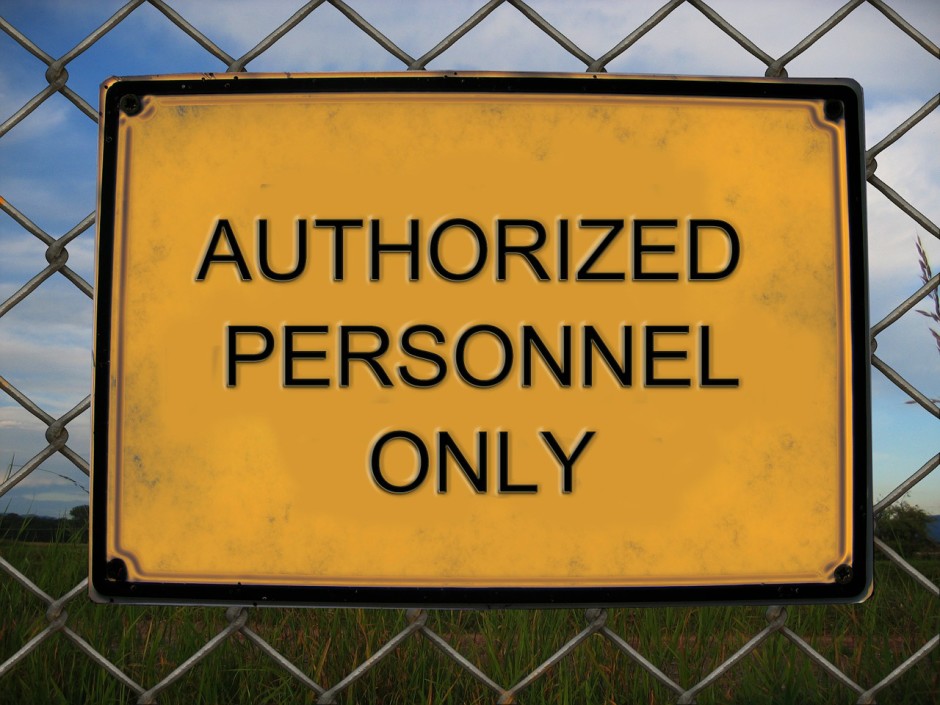In negotiations there are three distinct authority tactic circumstances. No authority, limited authority and full authority. Each comes with assets and liabilities in the negotiation process.
No Authority
If you have no authority to negotiate you may have a great advantage. Say your a salesperson at a company and you are selling something to a potential client. Once you present the value proposition and it is turned down, and if you have no authority to adjust it, you have the ability to probe and ask “what would it take for the proposal/price to be acceptable”. Having no authority to change the proposal is an advantage in there is no pressure to be swayed by the prospective client. “Passing the buck”, “being the good cop”, “blaming a third party” are tools of this circumstance that can be used expertly.
Limited Authority
Just as it is defined, as a manager or person selling for a company, you may have some leeway to give discounts or extend more favorable terms to clients in order to close deals. Again this can be a powerful tool for the salesperson, but it can also be a curse. Many times limited authority leads to just “folding like a cheap chair” very quickly to try to appease clients. (I will talk about discounting in a future post). But limited authority can be a great way to ease a possible bottleneck in a sales chain. It also transfers some of the power and work away from the person that has full authority, which can again relieve some stress on a company’s sales systems.
Full Authority
“The Buck Stops Here”! Your the CEO or President and have full authority to make changes to proposals or prices and your client knows it. I have seen many business owners put Vice President on their business cards just for this reason. I don’t buy that practice, as I have plenty of reasons not to discount my fees. But for this reason I do not like to attend closings. Last minute hitches or expenses can cost a full authority figure lots of money! Be strong business owners/CEOs! Often this can be powerful in multi party negotiations. When the decision finally reaches the top authority’s desk and is rejected, the client may feel satisfied that it was raised to the highest level.
Understand your and your opponent’s authority level in a negotiation and you may be at a distinct advantage to gain insight and leverage!
Andy Cagnetta owns and operates Transworld Business Advisors www.tworld.com. He joined the company as a sales associate and later purchased it. Transworld is an international franchise business and franchise brokerage, with thousands of businesses for sale and franchisees in the United States and Internationally.



No Comments